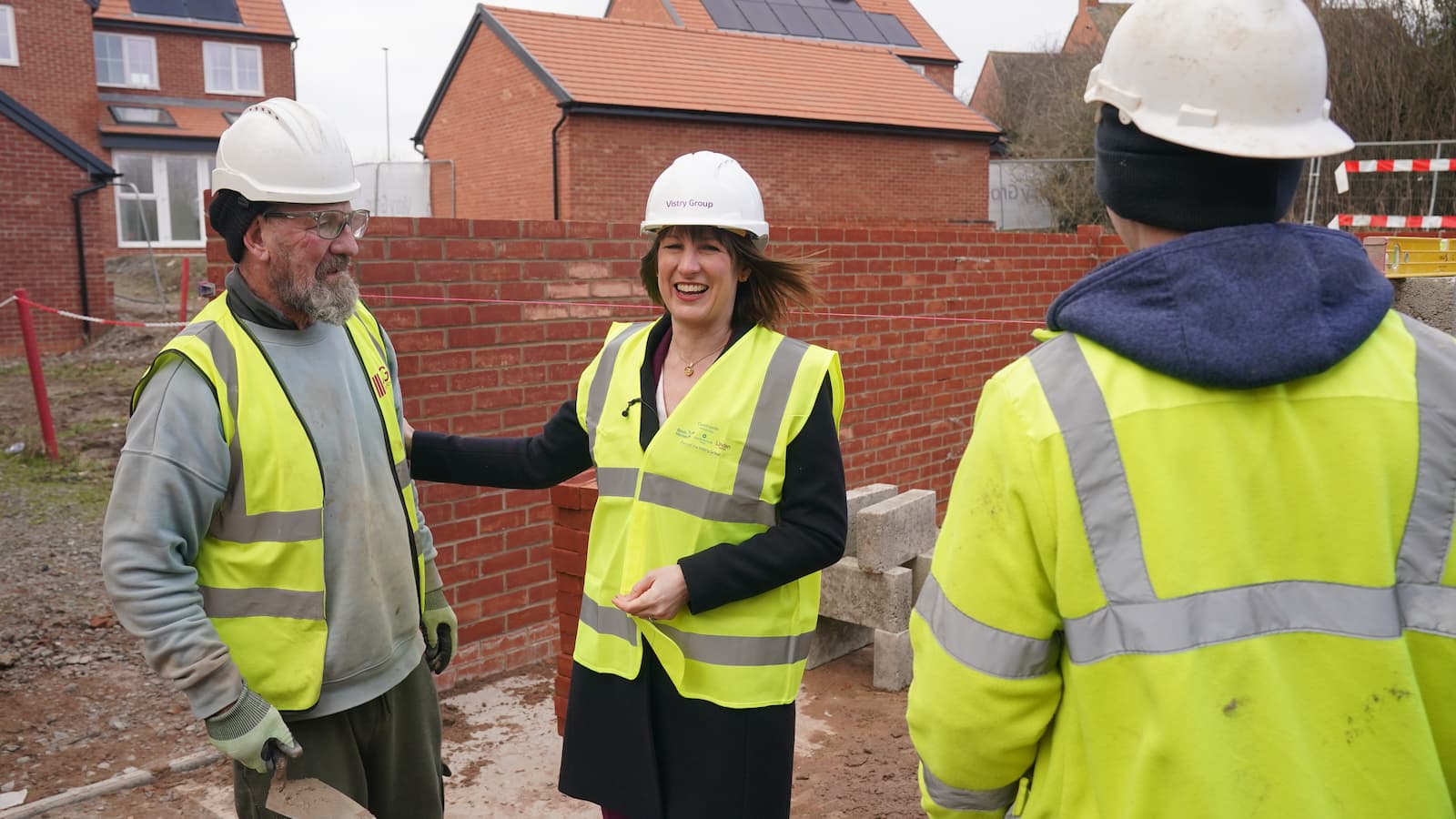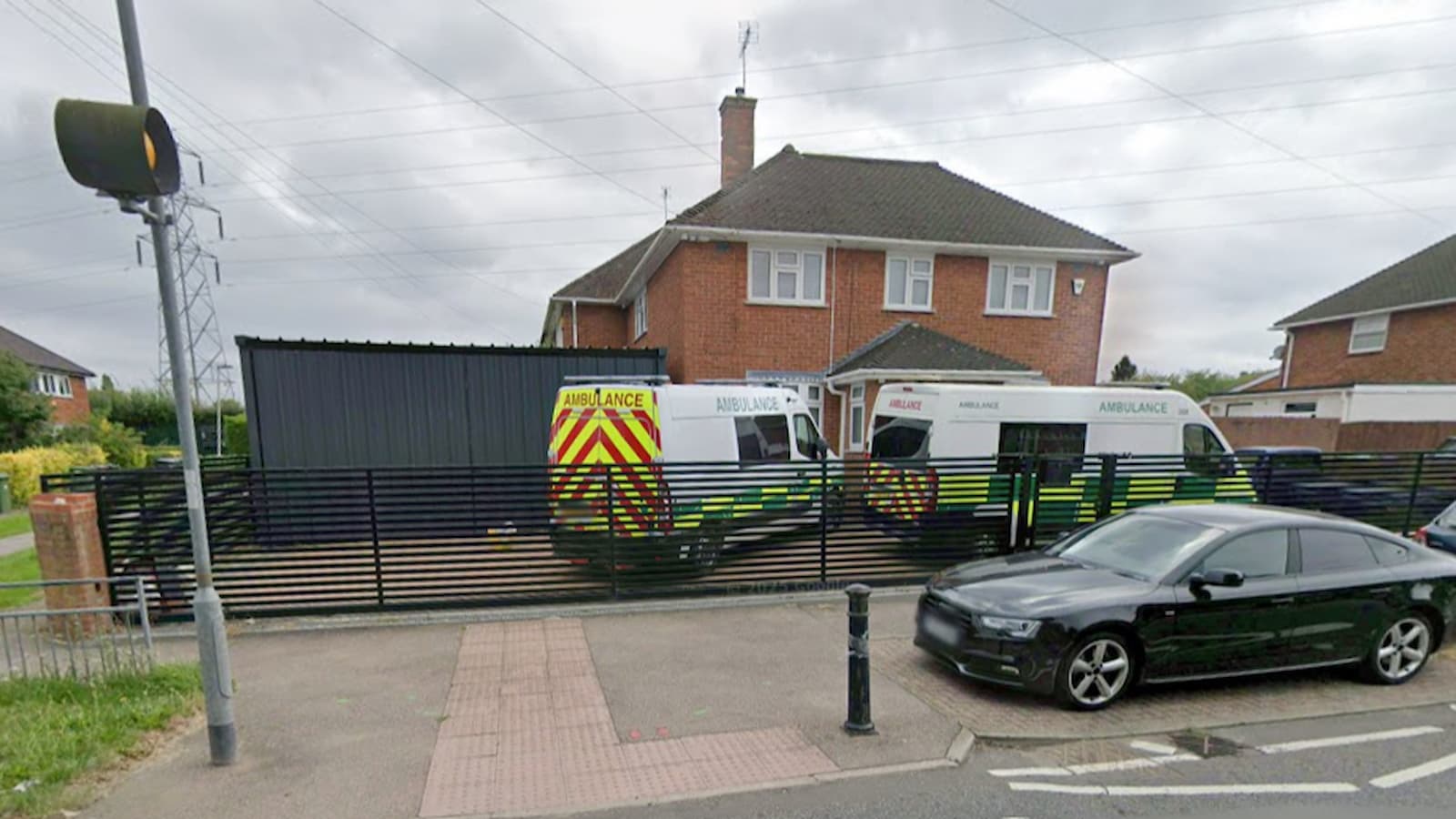Will stamp duty be abolished? Rachel Reeves’ radical property tax plan explained
Homes over £500,000 could face a new property levy as Rachel Reeves weighs up scrapping stamp duty, shifting the tax burden from buyers to sellers

Bring your dream home to life with expert advice, how to guides and design inspiration. Sign up for our newsletter and get two free tickets to a Homebuilding & Renovating Show near you.
You are now subscribed
Your newsletter sign-up was successful
Chancellor Rachel Reeves is considering a major shake-up of property taxes that could see stamp duty abolished for most home buyers.
Instead, a new “proportional property tax” could be introduced, targeting people who are looking at buying a house worth more than £500,000.
The plans, still under discussion, aim to raise more money from higher-value homes while making it easier for first-time buyers to get on the ladder. But with rumours of new levies, many are asking the same question: will stamp duty really be abolished?
How stamp duty works today
Stamp duty is currently the main tax paid on property purchases in England and Northern Ireland. Buyers pay it when they purchase a home, with rates increasing as the property value rises.
- No tax is paid on homes under £125,000 (or £300,000 for first-time buyers).
- Homes between £250,001 and £925,000 are taxed at 5% on that slice of the price.
- Above £925,000, rates climb as high as 12%.
This means buying a £450,000 home today could add a £12,500 tax bill on top of the purchase price. Stamp duty raised around £11.6 billion last year, but revenues fluctuate depending on the housing market.
What could replace stamp duty?

According to a report in The Guardian, ministers have asked Treasury officials to look at alternatives to stamp duty, including a new national “proportional property tax.”
A “proportional property tax” could be applied to homes worth more than £500,000, payable when the property is sold.
Bring your dream home to life with expert advice, how to guides and design inspiration. Sign up for our newsletter and get two free tickets to a Homebuilding & Renovating Show near you.
In some versions of the plan, this tax could even be annual, rather than one-off.
Crucially, the changes would not apply to second homes or buy-to-let properties at first.
Rightmove data shows that 30% of homes for sale in England are currently priced above £500,000. In London, that figure jumps to 59%, meaning the new tax would hit many more households in the capital compared with the North East, where only 8% of homes cross that threshold.
Who wins and who loses?
One of the biggest criticisms of stamp duty is that it discourages people from moving, especially first-time buyers and downsizers.
Shifting the burden to sellers could help some buyers, but there may be unintended consequences.
Rightmove’s CEO, Johan Svanstrom, says: “We would like any changes to current property taxes to put affordability and mobility first. It’s already hard for first-time buyers to save up their deposit to get onto the ladder, and many must fund a large stamp duty payment too.”
But he warns that: “Those who have recently paid stamp duty as a buyer and would face paying property tax as a seller in the future would clearly be at a disadvantage.”
For high-value properties Svanstrom warns of further risks.
“We need to make it easier and more attractive for those at the top of the market to consider downsizing… the current rumours to stamp duty changes would only seem to exacerbate this, as it may deter some at the top of the market from moving if they would then face a new annual tax.”
So, will stamp duty be abolished?
The answer is: not yet. The government has not made a final decision. Treasury officials are still modelling the proposals, and any change would take time to implement.
For now, the Chancellor is weighing up how to balance public finances, ease pressure on first-time buyers, and avoid distorting the housing market.
As Johan Svanstrom puts it: “It’s encouraging that changes to stamp duty are being considered as there are many ways the current system can be improved or made fairer… The key question is whether these changes would actually generate more income for the government.”
Whether stamp duty will be abolished depends on those calculations. But what is clear is that reform is firmly on the table – and big changes could arrive within this parliament.

News Editor Joseph has previously written for Today’s Media and Chambers & Partners, focusing on news for conveyancers and industry professionals. Joseph has just started his own self build project, building his own home on his family’s farm with planning permission for a timber frame, three-bedroom house in a one-acre field. The foundation work has already begun and he hopes to have the home built in the next year. Prior to this he renovated his family's home as well as doing several DIY projects, including installing a shower, building sheds, and livestock fences and shelters for the farm’s animals. Outside of homebuilding, Joseph loves rugby and has written for Rugby World, the world’s largest rugby magazine.
